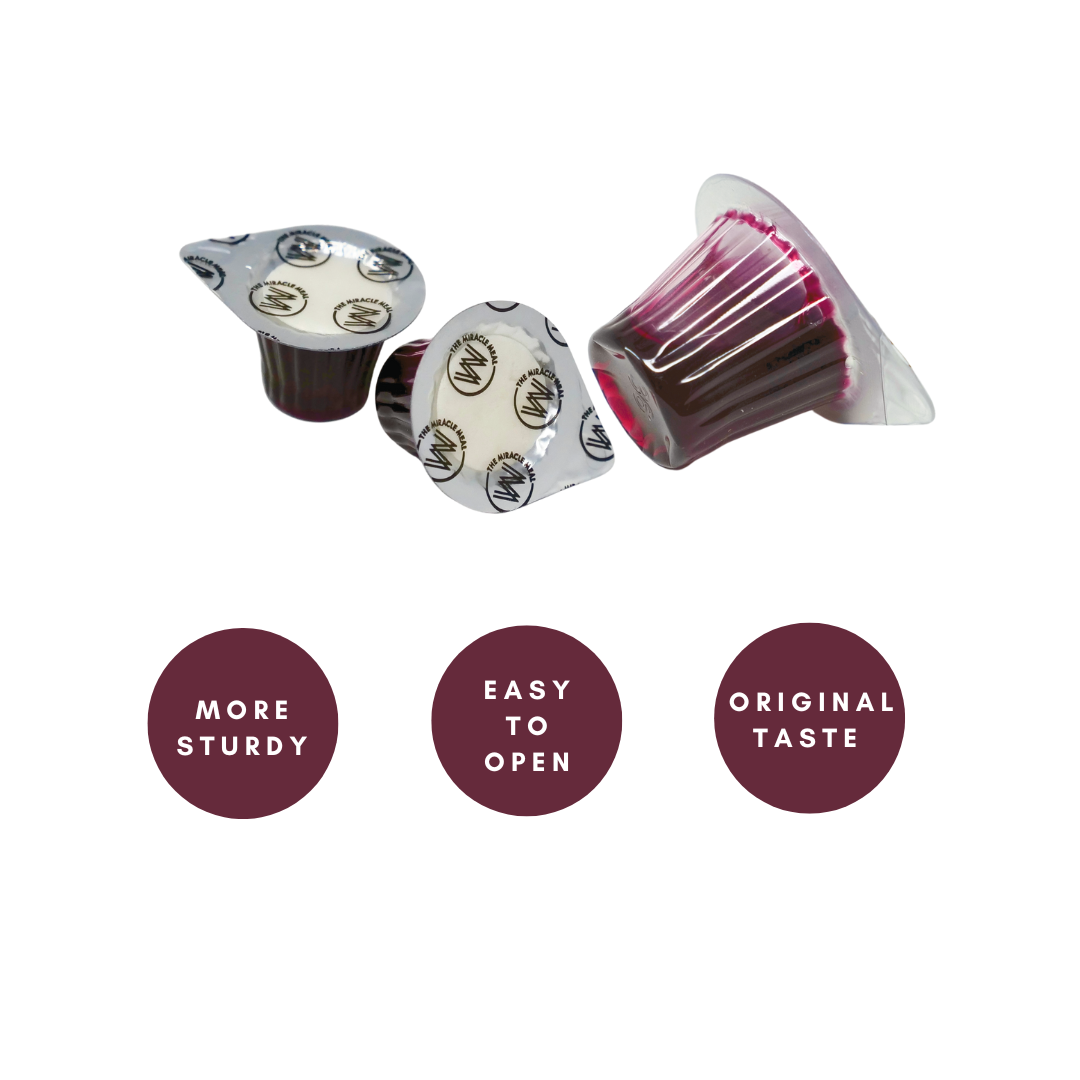What Is The Best Drink For Communion?
For followers of Christianity, the act of Communion, also known as the Eucharist, forms an integral part of worship. It’s a time of reflection, reverence, and remembrance of Jesus Christ’s sacrifice. The elements used in this sacrament, particularly the bread (or wafer) and the drink, are symbolic, representing his body and blood. While the type of bread used usually doesn’t stir much controversy, the choice of drink does raise questions. What really is the best drink for Communion?
Grapes are common in biblical tales, and grape juice, as well as wine, have both been used for Communion due to their link to the Last Supper where Jesus Christ initiated this sacred ritual. But, is there a definitive answer to which is better? To address this, we’ll be diving into the theological, practical, and inclusive aspects of the debate between grape juice and wine in the context of Communion.
The Theological Argument
Reviewing scripture and Christian history illuminates the prominence of wine in the Last Supper and early church practices. In many denominations, wine is held as the traditional and biblically accurate representation of Christ’s blood. Supporters argue that Christ himself used wine, and as such, churches should do the same to maintain the authenticity of the sacrament.
However, others suggest the emphasis should be on the symbolism, rather than the actual substance. They argue that since the drink represents’ Christ’s blood, the choice between grape juice and wine is less crucial.
The Practical Consideration
Practically, both wine and grape juice present differing advantages. Wine has a longer shelf life, which benefits churches that don’t hold Communion regularly. Conversely, when it comes to pre-packaged communion cups, grape juice becomes a viable option. These cups come prefilled and sealed, offering an extended shelf life of up to a year, and make setting up for Communion simple and fuss-free.
The focus of a congregation on silence and ease during the sacrament also leans favorably towards grape juice in pre-packaged communion cups. The plastic cups open silently, keeping the sanctity of the moment intact, and can be easily recycled after use.
The Inclusive Perspective
Inclusive inclusivity is also a key player when deciding between grape juice and wine. Alcohol may not be suitable for all parishioners such as recovering alcoholics, those with health issues, or underage attendants. Offering grape juice as an option for Communion allows everyone present to partake in this important ritual, extending the inclusivity of the church.
Conclusion
After examining all these aspects, there isn’t a clear-cut answer to the best drink for Communion. The answer ultimately circles back to your church’s theological beliefs, practical considerations, and focus on inclusivity. However, pre-packaged communion cups filled with grape juice are emerging as an efficient and inclusive choice for many congregations.
As you deliberate on the best drink for communion in your setting, consider giving our pre-packaged communion cups a trial. With a shelf life of up to one year, silent, easy opening, and the ability to recycle, they are not only practical but are also a versatile solution to an age-old question. Visit our online store to explore the benefits of these Miracle Meal communion cups. They may just be the answer you’ve been seeking for a seamless, inclusive and hassle-free Communion experience.



